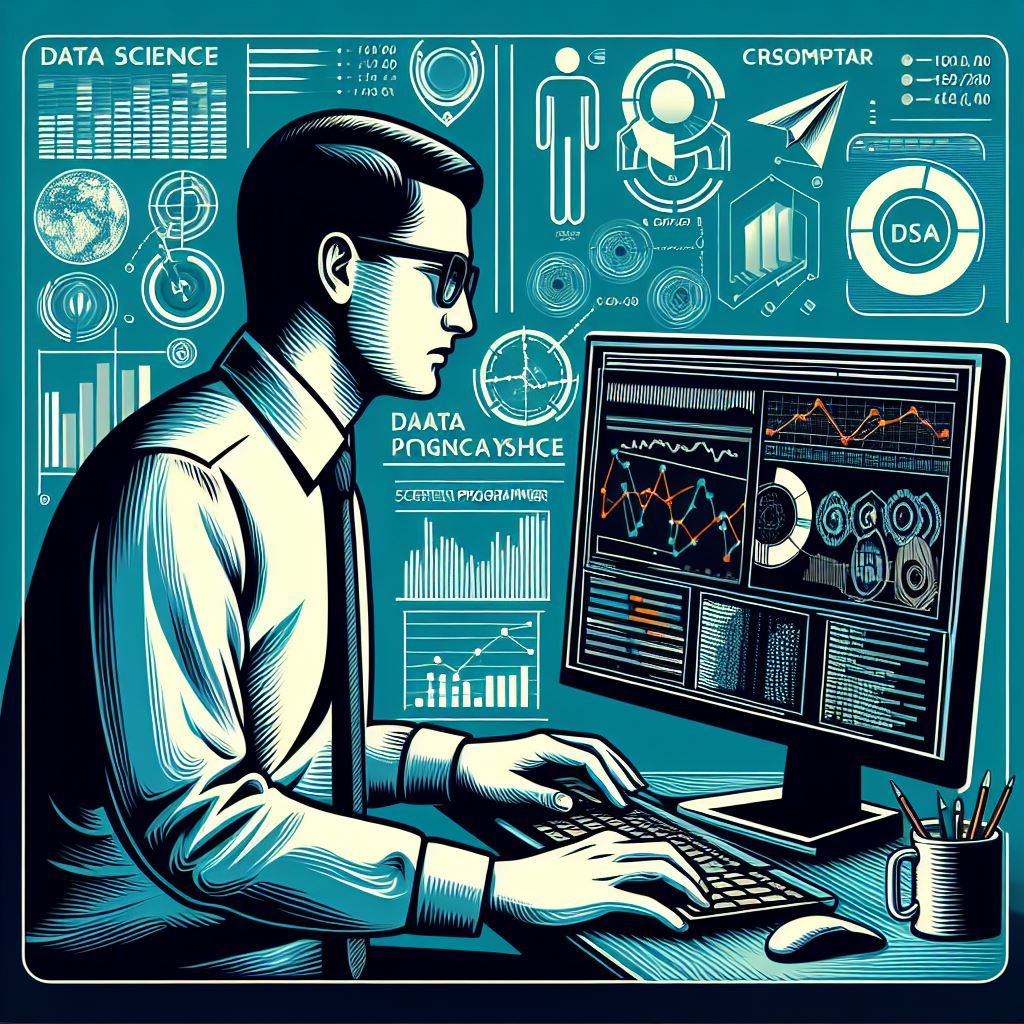Machine learning (ML) is revolutionizing various industries, and healthcare is no exception. By harnessing the power of data-driven algorithms, ML is transforming how healthcare providers diagnose, treat, and manage patients. In this article, we explore some of the most impactful applications of machine learning in healthcare, showcasing its potential to improve patient outcomes, reduce costs, and streamline operations.
1. Predictive Analytics for Disease Prevention and Management
One of the most powerful applications of machine learning in healthcare is predictive analytics. ML algorithms analyze vast amounts of patient data, including medical histories, lifestyle factors, and genetic information, to predict the likelihood of developing certain diseases. This can be especially helpful for chronic conditions such as diabetes, cardiovascular diseases, and cancer. By identifying at-risk individuals early, healthcare providers can implement preventive measures and tailored treatment plans that improve patient outcomes and reduce healthcare costs.
2. Medical Imaging and Diagnostics
Machine learning is making significant strides in medical imaging, particularly in radiology. ML algorithms are able to analyze medical images, such as X-rays, MRIs, and CT scans, to detect abnormalities that might be missed by the human eye. For example, deep learning techniques have been used to improve the detection of tumors, fractures, and other medical conditions. This technology not only speeds up the diagnostic process but also enhances accuracy, leading to more timely and effective treatment.
3. Personalized Treatment Plans
Personalized medicine is another area where machine learning is showing great promise. By analyzing a patient’s genetic makeup, lifestyle choices, and response to previous treatments, ML algorithms can help healthcare providers create highly individualized treatment plans. This is especially beneficial in the treatment of diseases like cancer, where one-size-fits-all approaches are often less effective. Machine learning enables doctors to tailor therapies that are more likely to succeed based on the unique characteristics of each patient.
4. Drug Discovery and Development
The process of drug discovery is time-consuming and expensive, but machine learning is helping to speed things up. ML algorithms are used to predict which drug compounds are most likely to be effective, based on patterns found in existing medical data. This accelerates the identification of potential drug candidates and reduces the time required for clinical trials. Additionally, ML can help identify new uses for existing drugs, potentially providing quicker solutions for unmet medical needs.
5. Virtual Health Assistants
With the rise of telemedicine and virtual healthcare, ML is also playing a crucial role in the development of virtual health assistants. These AI-powered systems use natural language processing and machine learning algorithms to interact with patients, answer questions, and provide medical advice based on the information provided. Virtual assistants can help patients manage chronic conditions, remind them to take medications, and offer mental health support. By providing 24/7 accessibility, they improve patient engagement and make healthcare more accessible to a broader population.
6. Streamlining Administrative Tasks
Machine learning is also making an impact on the administrative side of healthcare. From automating appointment scheduling to managing electronic health records (EHR), ML is helping to reduce the time and effort spent on administrative tasks. This allows healthcare professionals to focus more on patient care, improving efficiency across the board. Additionally, ML can help with fraud detection and billing, ensuring that healthcare providers maintain a high level of accuracy in their operations.
Conclusion
Machine learning applications in healthcare are transforming the industry by improving accuracy, efficiency, and patient outcomes. From predictive analytics to personalized treatments and virtual health assistants, ML is poised to revolutionize how we approach healthcare in the future. As technology continues to advance, we can expect even more innovations that will further enhance the quality and accessibility of care for patients worldwide.
5
